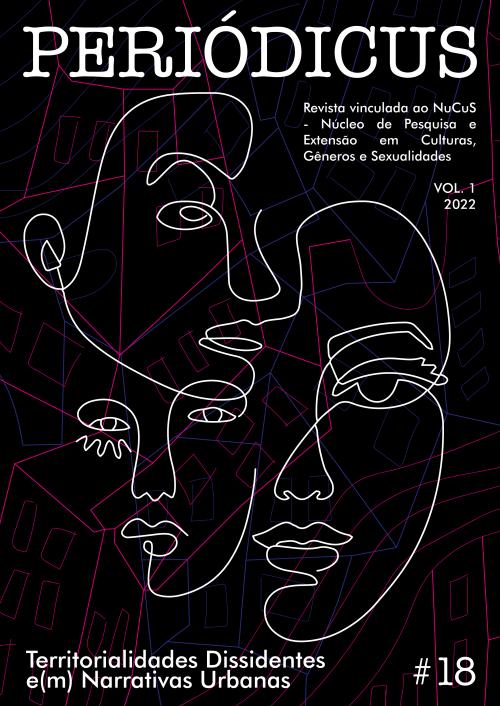About the “mundiça” and the “bichas cocotes”
georeferencing and social class in the gay circuits of Recife
DOI:
https://doi.org/10.9771/peri.v1i18.49832Abstract
This article is about the georeferencing of the sociability of men with homosexual practices in the metropolitan region of Recife (RMR), resulting from an ethnography produced with participant observation, interviews, and behavioral survey. The most mentioned places are nightclubs and bars and are located in the center of the capital of Pernambuco. The frequentation of spaces shows marks of age, marital status, religion, work, and social class. We emphasize social class and take as our object the two most cited nightclubs: MKB and Metrópole. The first is described as dirty and disgusting, frequented by ‘promiscuous’ people, who enjoy the darkroom (for sex), by people badly dressed, unhygienic and poor (‘mundiça’), by ‘pocs’– poor and effeminate gays. The Metrópole is described as the elite, luxurious and well frequented by elegant gays (‘bichas cocotes’). The stigmatization process that gives meaning to places has to do with the components of schooling, of social class and uses stigmatized category markers in two other systems – ‘poc’/effeminate/gender and dark room/promiscuous/sexuality.
Downloads
Downloads
Published
How to Cite
Issue
Section
License
Copyright (c) 2022 Luís Felipe Rios, Luciana Vieira

This work is licensed under a Creative Commons Attribution-NonCommercial 4.0 International License.
Authors who publish in this journal agree to the following terms:
Authors retain copyright and grant the journal the right of first publication, with the work simultaneously licensed under a Creative Commons Attribution Noncommercial License that allows the work to be shared with acknowledgment of authorship and initial publication in this journal, but prohibits commercial use.
Authors are authorized to enter into separate additional contracts for non-exclusive distribution of the version of the work published in this journal (e.g., publishing in an institutional repository or as a book chapter), with acknowledgment of authorship and initial publication in this journal.
Authors are permitted and encouraged to publish and distribute their work online (e.g., in institutional repositories or on their personal website) at any point before or during the editorial process, as this can generate productive changes and increase the impact and citation of the published work (see The Effect of Open Access).








